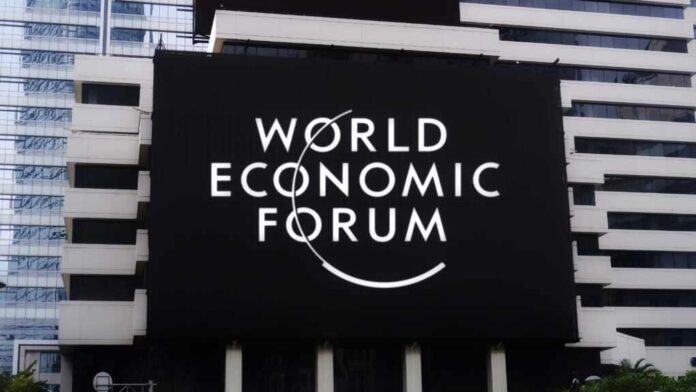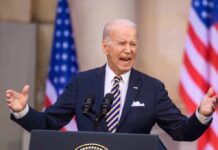
The impending departure of Klaus Schwab, the controversial figurehead of the World Economic Forum (WEF), has ignited debates about the organization’s trajectory and its impact on global affairs.
Klaus Schwab's retirement serves as a clear signal that the era of Davos-style global elitism is on notice.
Here's what I told the WEF earlier this year 👇 pic.twitter.com/9wAEOKbPkM
— Kevin Roberts (@KevinRobertsTX) May 21, 2024
Schwab’s four-decade tenure as Chairman of the WEF has been marked by ambitious initiatives and controversial pronouncements that have drawn both admiration and criticism. Under his leadership, the WEF has emerged as a leading proponent of globalist projects, advocating for policies ranging from central bank digital currencies to stakeholder capitalism.
Critics have accused Schwab and the WEF of promoting a left-wing agenda that prioritizes elite interests over those of ordinary citizens. The organization’s emphasis on issues like sustainability and gender, while downplaying discussions on the negative effects of overbearing government, has fueled perceptions of ideological bias and elitism.
Yes, yes it does, much to the chagrin of globalists like Klaus Schwab. pic.twitter.com/Z6qJLvobJ4
— Libertarian Party (@LPNational) December 11, 2023
Schwab’s vision of a “Great Reset” in response to the COVID-19 pandemic has been particularly contentious, with critics arguing that it represents a thinly veiled attempt to reshape societal and economic structures according to his own preferences. The concept of stakeholder capitalism, championed by Schwab, has faced scrutiny for its potential to undermine free market principles and individual liberties.
Moreover, Schwab’s admiration for authoritarian regimes, particularly China, has raised eyebrows among observers. His suggestion that the “Chinese model” could serve as a template for global governance has sparked concerns about the erosion of democratic values and human rights.
As Schwab prepares to step down from his role, the WEF faces mounting pressure to address allegations of bias and elitism. Calls for greater transparency and accountability within the organization have grown louder, reflecting broader concerns about the concentration of power among unelected elites.
The transition at the helm of the WEF presents an opportunity for reflection and reform. Whether the organization will embrace a more inclusive and balanced approach to global governance remains to be seen, but one thing is clear: Klaus Schwab’s departure marks the end of an era and the beginning of a new chapter in the WEF’s controversial history.
Klaus Schwab is stepping down at the leader of the World Economic Forum.
That’s no reason to celebrate.
Whoever they put will be younger, more radical and easily evil.
It will be the same agenda but with someone who has even more stamina to get it implemented across the entire…
— Joey Mannarino (@JoeyMannarinoUS) May 21, 2024




























